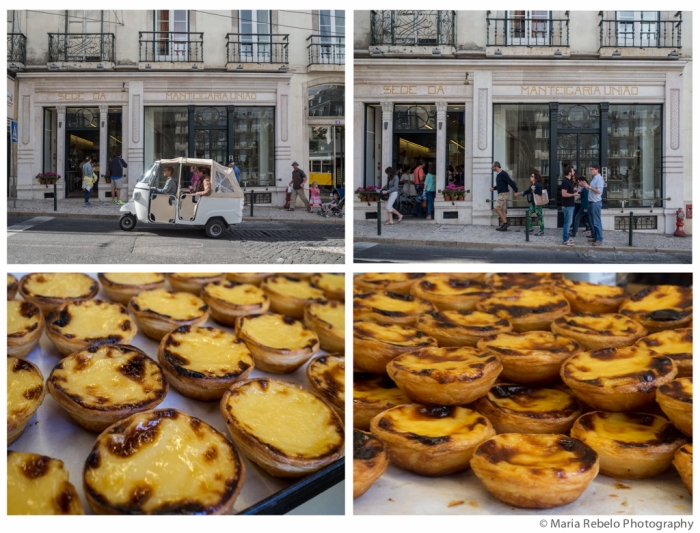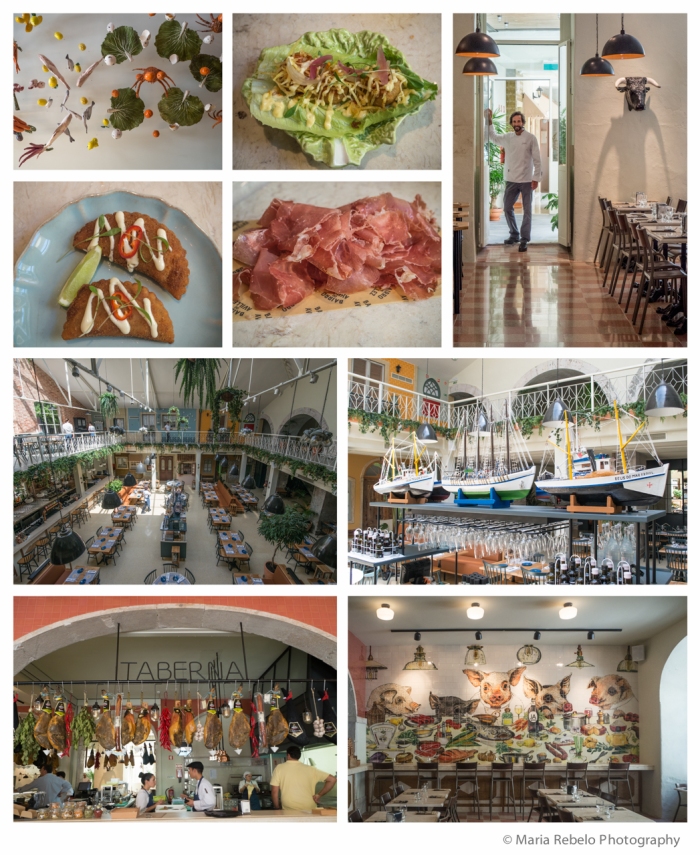One of our favorite treats. Mmmm

What is the best pastel de nata in Lisbon? The answer depends on our mood. Some days, we like them perfumed with lemon. Other days, we prefer them scented with vanilla.
Our current favorites are the lemony kind. They are made by Manteigaria in Praça Camões near Chiado at a location that was once occupied by a butter shop (manteiga is the Portuguese word for butter). Perhaps as an homage to the past, Manteigaria’s pasteis have a buttery taste. The crispy crust and the rich filling are so satisfying that they make us feel, for a moment, that we discovered the meaning of life.
Whenever a new batch of pasteis comes hot out of the oven, Mantegaria’s cashier rings a bell. You’ll see people dropping what they’re doing and rushing to Manteigaria in search of a moment of sweetness.
Manteigaria is located on Rua do Loreto, 2 near Chiado in Lisbon, tel. 21-347-1492.


